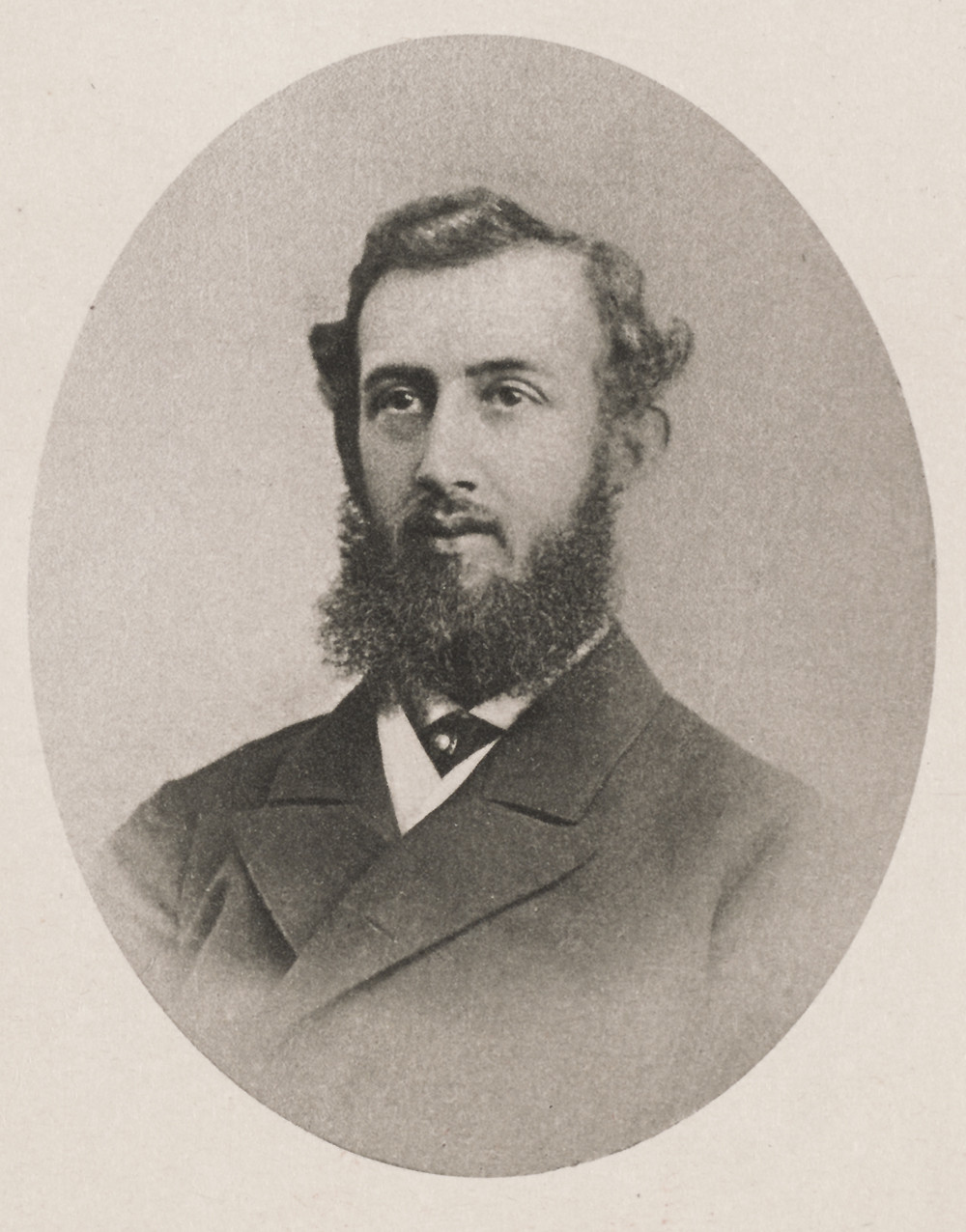To Edward Frankland 31 August 1874
Summary
Utricularia catch freshwater Crustaceans, which cannot be digested and rot in the bladders. CD is interested to identify any substance produced in the putrefaction before it is resolved into gases and salts of ammonia. He has reason to believe that the plant absorbs such products.
| Author: | Charles Robert Darwin |
| Addressee: | Edward Frankland |
| Date: | 31 Aug 1874 |
| Classmark: | The John Rylands Library, The University of Manchester |
| Letter no: | DCP-LETT-9614A |
Matches: 1 hit
- … freshwater Crustaceans, which cannot be digested and rot in the bladders. CD is interested to identify any substance produced in the putrefaction before it is resolved into gases and salts of ammonia. He has reason to believe that the plant …
| letter | (1) |
| Darwin, C. R. | (1) |
| Darwin, C. R. | (1) |
| Frankland, Edward | (1) |
| 1874 | (1) |

John Stevens Henslow
Summary
The letters Darwin exchanged with John Stevens Henslow, professor of Botany and Mineralogy at Cambridge University, were among the most significant of his life. It was a letter from Henslow that brought Darwin the invitation to sail round the world as…
Matches: 1 hits
- … The letters Darwin exchanged with John Stevens Henslow, professor of Botany and Mineralogy at …

Biogeography
Summary
Sources|Discussion Questions|Experiment Observations aboard the Beagle During his five year journey around the world on HMS Beagle, Charles Darwin encountered many different landscapes and an enormous variety of flora and fauna. Some of his most…
Matches: 1 hits
- … Sources | Discussion Questions | Experiment Observations aboard the Beagle …

Darwin in letters, 1882: Nothing too great or too small
Summary
In 1882, Darwin reached his 74th year Earthworms had been published the previous October, and for the first time in decades he was not working on another book. He remained active in botanical research, however. Building on his recent studies in plant…
Matches: 1 hits
- … In 1882, Darwin reached his 74th year Earthworms had been published the previous October, and …

Darwin in letters, 1875: Pulling strings
Summary
‘I am getting sick of insectivorous plants’, Darwin confessed in January 1875. He had worked on the subject intermittently since 1859, and had been steadily engaged on a book manuscript for nine months; January also saw the conclusion of a bitter dispute…
Matches: 1 hits
- … I am merely slaving over the sickening work of preparing new Editions …

Origin: the lost changes for the second German edition
Summary
Darwin sent a list of changes made uniquely to the second German edition of Origin to its translator, Heinrich Georg Bronn. That lost list is recreated here.
Matches: 1 hits
- … In March 1862, Heinrich Georg Bronn wrote to Darwin stating his intention to prepare a second …

Before Origin: the ‘big book’
Summary
Darwin began ‘sorting notes for Species Theory’ on 9 September 1854, the very day he concluded his eight-year study of barnacles (Darwin's Journal). He had long considered the question of species. In 1842, he outlined a theory of transmutation in a…
Matches: 1 hits
- … Darwin began ‘sorting notes for Species Theory’ on 9 September 1854, the very day he concluded his …

Darwin in letters, 1874: A turbulent year
Summary
The year 1874 was one of consolidation, reflection, and turmoil for Darwin. He spent the early months working on second editions of Coral reefs and Descent of man; the rest of the year was mostly devoted to further research on insectivorous plants. A…
Matches: 1 hits
- … The year 1874 was one of consolidation, reflection, and turmoil for Darwin. He spent the early …

Darwin’s reading notebooks
Summary
In April 1838, Darwin began recording the titles of books he had read and the books he wished to read in Notebook C (Notebooks, pp. 319–28). In 1839, these lists were copied and continued in separate notebooks. The first of these reading notebooks (DAR 119…
Matches: 1 hits
- … In April 1838, Darwin began recording the titles of books he had read and the books he wished to …


